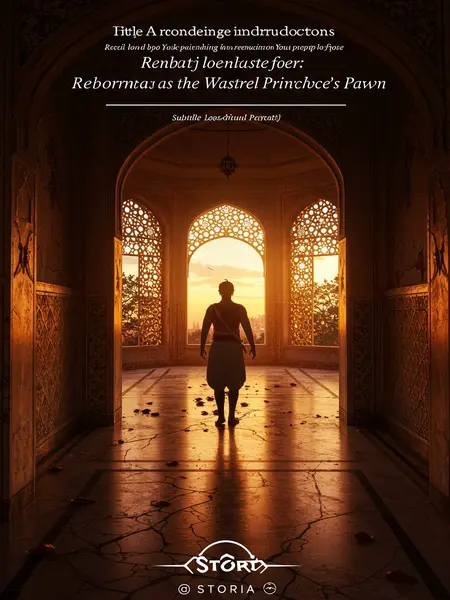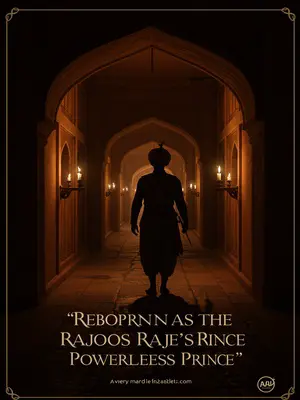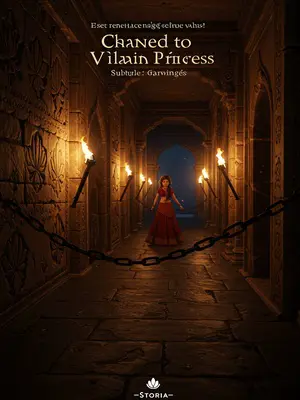Chapter 1: Famine and Fortune
Mughal Empire, sixteenth year of Shah Alam II’s reign.
The bazaar’s air hung heavy with misery—my first memory here is a mother’s voice, desperate, bargaining for half a roti at a vendor’s stall. Her child clung to her sari, wailing for food, while a nearby tonga driver muttered a prayer under his breath. The smoke of cow dung fires and the scent of wet earth after a rare drizzle mixed with the hunger rumbling through every lane. Women gathered around shrinking rice piles, their eyes hollow, hands still tracing rangoli at the threshold—habit stronger than hope. Every gali whispered a story of loss.
Famine had Delhi in its grip, the north and south withered. The Yamuna flowed slow and murky, carrying away the dead—abandoned children, corpses, even memories of sweeter seasons when mangoes were plenty and laughter rang through the gullies. Even the street dogs, once kings of the kachra, now slunk along, searching for scraps of stale roti.
Whispers crackled through the bazaar like static. The British East India Company—Companywale—lurked at the borders, their eyes colder than the monsoon’s first wind. Shuja-ud-Daula’s armies moved like thunderclouds. At the chai stalls, the panwallah’s hands—stained red with betel—paused as he warned, “Companywale aa rahe hain, bhai.”
In the darbar, politics was a silent, sharp dance. Ministers eyed each other over piles of petitions, chamchas fluttered, paan-spitting orderlies darted glances as they ferried messages that could topple fortunes. Even the air in the Diwan-e-Khas was thick with calculation.
This was the year the gods decided to play their joke on me. My transmigration began in famine. Astrologers refused to cast charts, the maulvi at Jama Masjid thundered warnings, and every lullaby hummed by a mother was laced with anxiety. The azaan drifted across the city at dawn, a sorrowful echo against the temple bells.
Yet as Shah Alam’s brother-in-law, I still lounged in silk kurtas, paneer tikka on my plate, ghee glistening, sweet chai in hand. Outside, hunger gnawed at the city, but inside, sandalwood and attar perfumed my chamber—a privilege that felt both blessing and curse.
For days I drifted in a drunken haze, courtesans’ laughter echoing off marble pillars, sitar music weaving through the smoke of tobacco and the sharper tang of city dust. “Shehzada!” they’d tease, coins falling into their laps, their eyes mischievous. “Arrey, Raja, kuch toh bacha lo gareebon ke liye!”
The threats of British, Shuja-ud-Daula, Marathas—distant thunder drowned out by the qawwal singing “Kal ho na ho.” For a while, I let myself forget the world outside these walls.
But in every zenana, my name was legend for all the wrong reasons. “This one? Only good for wasting money and chasing skirts,” the servants whispered. “Namoona!” the aunties cackled, “lucky he’s got royal in-laws.”
If I went to Shah Alam and blurted out the truth—“Brother-in-law, the Empire’s finished, Shuja-ud-Daula will win, then the British will sweep in, and soon all of Hindustan will be eating Company salt”—the darbar would freeze, half would call for my head, the other half would plot to steal my post. My mother would clutch her dupatta, wailing, and my father would eye me like I’d put salt in the kheer.
And Shah Alam? With his temper—shorter than the green chilies in Ma’s kitchen—my head would be pecked by Delhi’s crows by sunset.
Pigeons still circled Jama Masjid at dusk, but even they seemed anxious. Old beggars at Chandni Chowk muttered, “Dilli ki gaddi ab khali hone wali hai…”
Me? No Chanakya, no Maharana Pratap. My cleverness ran only to dodging tutors or sneaking a peg at the mehfil. Who’d remember my name?
This Mughal Empire—I couldn’t save it even if I wanted to. No one listens to a wastrel’s warnings. My life, as unpredictable as the next monsoon.
All these thoughts faded the morning Baba Rajeev’s voice sliced through my dreams like the muezzin’s first call. His hands, ink-stained from counting coins, yanked my blanket. “Uth, nalayak! Family ka naam dubaega?”
He dragged me off my charpai, threatening to pour water on my head. Ma fussed with my kurta, pressing a dried tulsi leaf into my palm, her hand trembling a bit too tightly, voice cracking as she whispered, “Jai Bajrang Bali, beta. Bring good news.”
Baba sent me to court for news—he wouldn’t go himself, scared Shah Alam would demand another donation. “If you see the emperor, don’t mention my name!” he hissed, counting copper coins. “Just stand at the back, samjha?”
I grumbled, thinking, “Spend it now, Baba, or the dacoits will take it later.” If he wouldn’t use his hoard, maybe I should enjoy it before it vanished.
Yawning, I entered the Red Fort, its battered arches still imposing. I shuffled through the crowd of officials, head down, trying to blend in. The distant clang of temple bells mixed with the azaan, the city’s heartbeat pulsing through the marble.
Sleep-deprived, I could barely stand through the endless petitions. As the ministers droned on, I swayed, almost collapsing in a full namaskar—imagine the gossip if I’d toppled face-first before Shah Alam!
Snatches of talk drifted past: “Shuja-ud-Daula… treasury empty… grain short…” The words blended with the drone of the punkah and the clink of betel nut. My mind wandered, dreaming of poha at the Chandni Chowk stall.
Some officials scoffed at the threat, “Haan, sab hawa hai. Real men bow to Dilli.” The old bravado, brittle as stale papad. Others muttered, “Is baar bhi kuch nahi hoga!” swatting flies and fate alike.
Eyes drooping, I almost missed the emperor’s thunderous shout—“Enough! Issue the order: General Suryaprakash is to leave Lucknow at once and crush the rebels. Any delay—I will not forgive lightly!”
A chill swept the hall. Silks rustled as officials dropped to their knees. Even I thudded down, sweat trickling down my back, heart pounding. The emperor’s wrath was like a pressure cooker ready to blow.
History already knew the outcome—Suryaprakash sent out with no rations, no elite troops, defeat written before the first drumbeat. My own guilt prickled sharp as thorns.
Shah Alam’s gaze pinned me, sharp as a sword. I kept my head bowed, heart racing. Did he know my thoughts? My stomach churned—did the guards report my midnight visits to the kitchen?
He called my name. The court turned, waiting. My mouth went dry. “This humble servant has no objections,” I managed, forehead pressed low.
Not a drop of royal blood in me—only my father’s cunning and my sister’s charm. Who was I to object?
Court dismissed. Munshi Chandanlal’s voice rang out, and I staggered into the corridor, kurta clinging to my back. The clerks were already gossiping:
“Buddha admi, kahan ladai karega? Army mein khana bhi nahi, naam ka hi raaj hai ab.”
At least some saw the truth. Another clerk hissed, “Arrey, chup kar! Koi sun lega toh seedha kotwali pahunch jaayega. Apna kaam karo, bas.”
These people would change sides faster than a Holi pichkari—loyalty only until the next bowl of dal.
But my name was too well known to run. Even my miserly father’s fate was whispered as a warning. I straightened my kurta, resolved to keep my head down and hope my luck held.
A few months later, the heat mellowed but unease grew. Ma sent me with sweets to visit my sister, Empress Meera. Shah Alam was there, his eyes tired. Suddenly, news arrived—Suryaprakash defeated at Kanpur, retreating to Lucknow. The room froze; the clink of a teacup on the tray was deafening.
Despite knowing history, the news still hit hard. My hands shook on the divan. Shah Alam smashed his chai cup, voice raw as he summoned the ministers.
He turned to me, eyes pleading, “Arjun, come and listen in!” My sister squeezed my hand, voice trembling: “Take care.”
I nodded, following her silent blessing into the storm.













